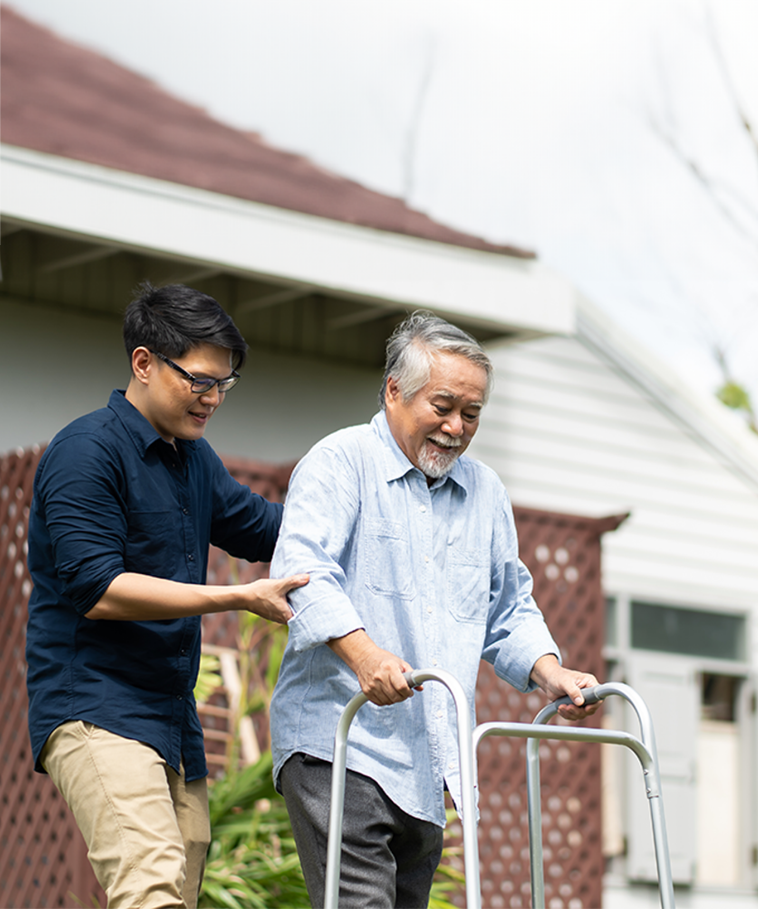mindful
caregiving
We provide evidence-based courses to support caregivers in navigating the emotional challenges of caring for others.
Our courses incorporate mindfulness and compassion-based approaches and tools to empower caregivers in providing better support to those in their care.
mindful
caregiving
We teach evidence-based courses for caregivers to help navigate the emotional challenges of caring for others.
In our courses, we use approaches and tools rooted in mindfulness and compassion to help caregivers provide better support to those in their care.

who we are
We understand that caregiving is deeply rewarding, however, it can also be challenging and can take its toll on caregivers’ emotional and physical health. We offer caregivers practices and approaches that lead to emotional resilience and enhanced well being even in the face of difficulty.
join us
voices of mindful caregiving

mindful caregiving education
Help build your emotional resilience and reduce stress and anxiety.
Designed by caregivers for caregivers.
Our courses improve care by helping caregivers build emotional resilience and work skillfully with stress and loss. We teach simple and practical skills that can be applied in any situation and at any moment. Mindful Caregiving Education enhances wellness by returning a sense of control to burdened caregivers.
caregiver study
Zen Caregiving Project’s mindfulness training course is documented in a recent nonrandomized trial published in the peer-reviewed journal Mindfulness — “Investigating the Feasibility and Effects of an Online Mindfulness Family Caregiver Training Program” (May 24, 2023).
The course had significant beneficial effects on caregivers’ depression, anxiety, caregiver burden, and wellbeing scores.





